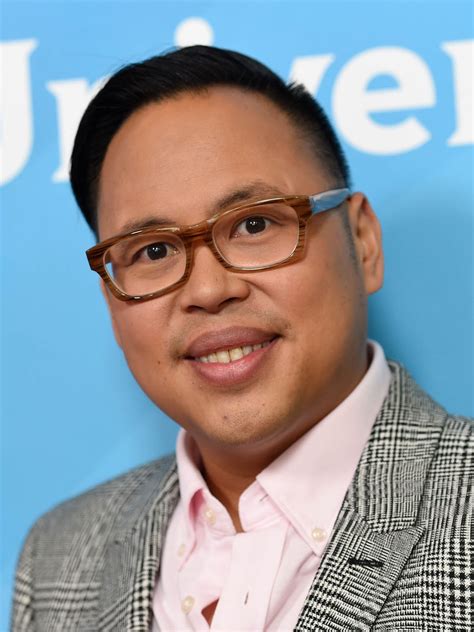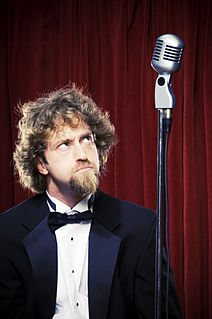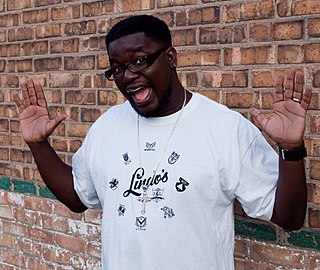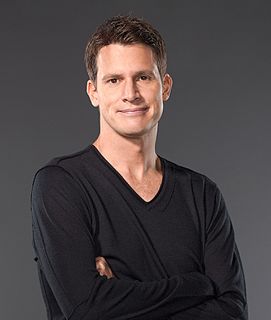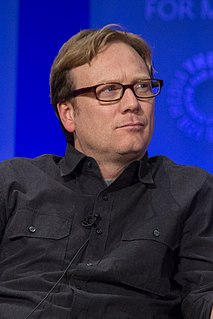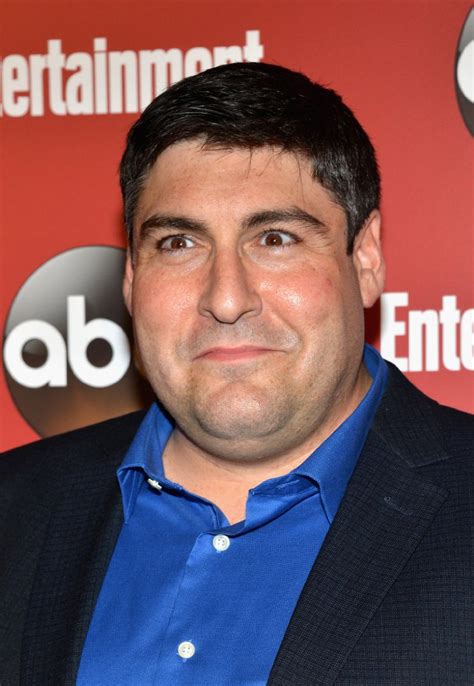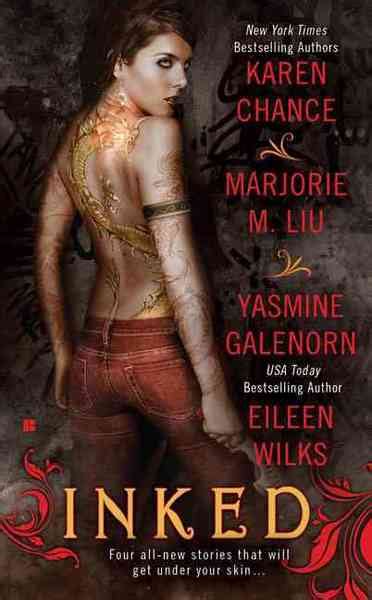A Quote by Neal Brennan
But my problem was that I did an hour for Comedy Central and nobody seemed to care.
Related Quotes
I think I'm one of those guys who was sort of always in comedy. I thought of myself - and other people seemed to think of me - as funny from a very young age. I was a very young comedy nerd and I even did sketch comedy in high school and college. I wrote and shot sketches on video and acted in them.
I wanted to move on. I wanted to do acting. The next thing I did after [MADtv] was a good hybrid of that. I did this show with Bob Odenkirk and Derek Waters (creator of Comedy Central's "Drunk History") and it was a little homegrown thing that we shot and then we sold it to HBO. We made a pilot and HBO didn't pick it up, but then we made all these webisodes. This was before streaming stuff online made any sense. (The episodes are available on YouTube). Nobody even knew how to watch things on the internet.
[on making the transition from the comedy "Mary Tyler Moore" (1970) to its dramatic spin-off series "Lou Grant" (1977)] We were really worried about changing over from a three-camera, half-hour comedy to a one-camera, full-hour drama. The audience wasn't ready for the switch - even CBS billed us in their promos as a comedy. In fact, the whole thing was impossible. But we didn't know that.
The Circle had been less than thrilled by its choice, but we'd finally come to terms. As in, they were no longer trying to play Whac-A-Mole with my head. Only now they seemed to think they had the right to make sure that nobody else did, either. That was a problem, because the vampires felt the same way and the Senate didn't share well.


